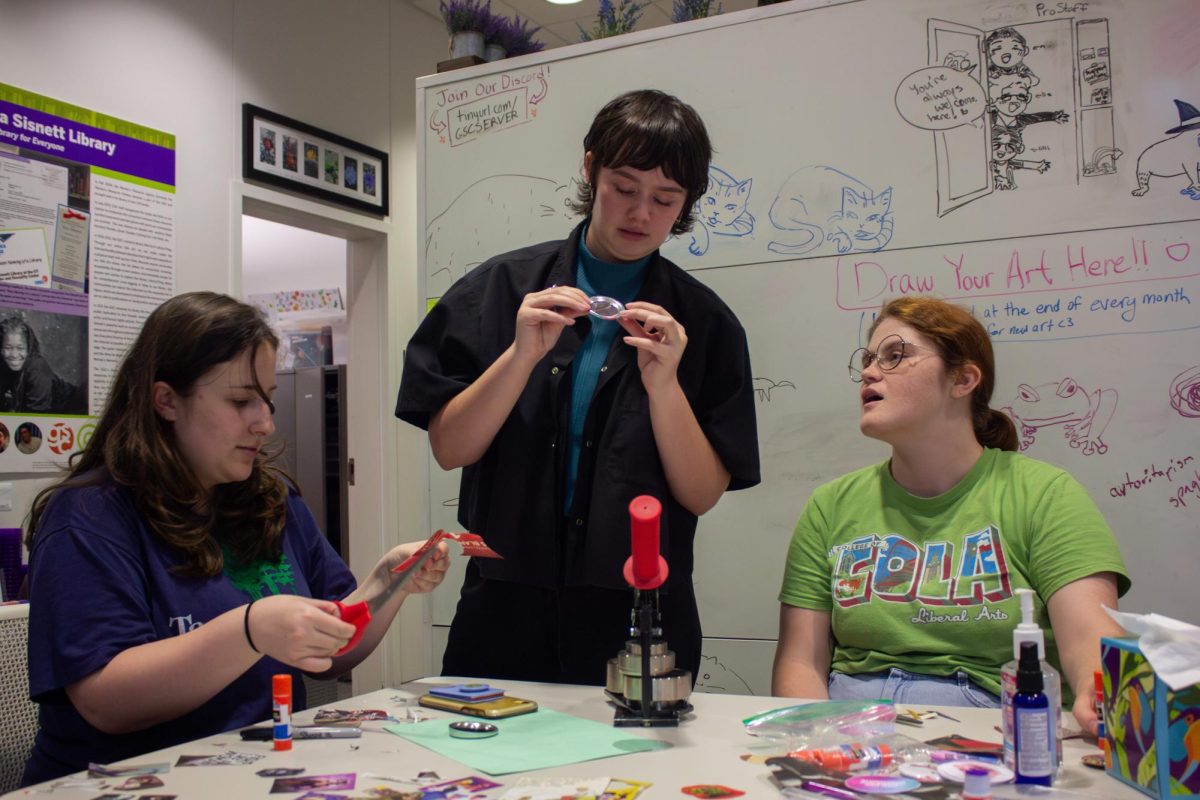By the time he graduates from UT, history sophomore Kyle Kaough plans to be fluent in five languages. With English and Spanish already under his belt, he’s taking language classes to increase his fluency in French. Later, he will pick up German and Italian.
For Kaough, the motivation to become fluent in as many languages as possible stems from his goals to work as an intelligence analyst or translator. Some students taking one of the 33 language courses College of Liberal Arts offers take classes to advance their careers, while others are motivated by credit requirements, wanderlust or simply the desire to learn a new skill.
“I taught myself Spanish, and I took some German in high school,” Kaough said. “Once I get to a level where I’m more comfortable with my Spanish, I’m going to pick up German again, and then eventually Italian.”
Kaough has studied language both independently and in a classroom setting, but said he prefers self-teaching.
“The problem with the way we learn languages in school is that it’s all based on memorization and cramming,” Kaough said. “If you learn how to produce the language yourself, you create sentences, you talk to people, you watch TV and you actually apply it.”
After testing different language learning programs, such as Duolingo or Rosetta Stone, and techniques like audio immersion, Kaough found the perfect fit for his learning style.
“I analyze words and find patterns within them and figure out ways to turn English words into Spanish words,” Kaough said. “I also use a program called Glossika, which is a space-based repetition system which just shows you what you need to know only at the times it will download the information directly into your long-term memory.”
Vincent Vanderheijden has been a lecturer for the Germanic Studies department for the last 14 years and has gained insightful perspectives from former students about why they choose to learn different languages.
While many students wish they had started studying a language earlier, Vanderheijden said it’s never too late to learn the basics.
“You’ll be far more prepared to benefit from studying abroad or to explore minors or certificates if you have a good amount of language under your belt,” Vanderheijden said. “You just have more time and more options to explore new interests.”
After discovering Sanskrit in UT’s course catalog, Mahi Perla, human development and family sciences sophomore, realized the opportunity to learn it may not come again.
“Sanskrit is a religious language,” Perla said. “I don’t really like being told by other people what to believe in, so I want to find out for myself what the (sacred) texts actually say.”
Perla also knows Telugu, a language stemming from southeastern India, which she speaks with family members and some Spanish, which she intends to use in her career. Despite the limited professional applications of Sanskrit, she still plans to utilize her skills in the ancient language.
“What I want to do is teach it to other people,” Perla said. “I want other people to appreciate that it’s not really a dead language; it’s still usable.”
Learning a language can become an important part of students’ professional and personal lives, but Kaough said they must remember to keep practicing.
“If you don’t use it, you will lose it,” Kaough said.





















